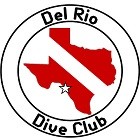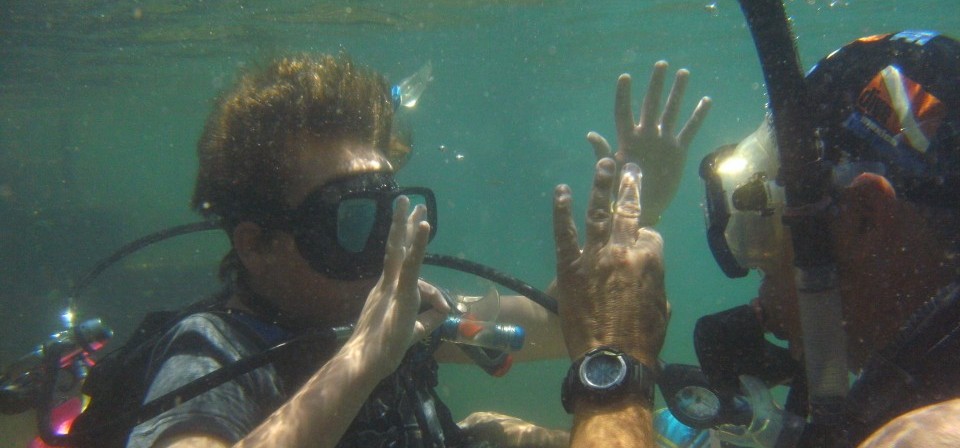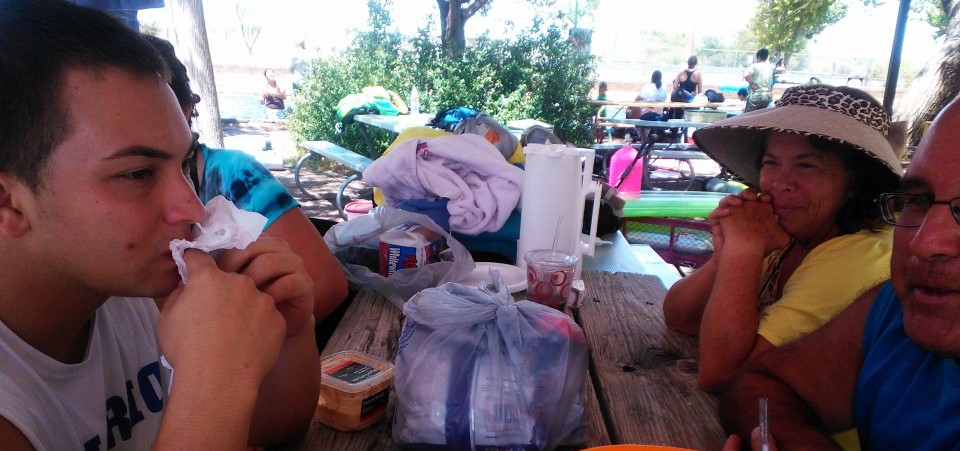Recreational SCUBA Diving is all about having FUN! Not just underwater, but during our “surface intervals”, too! Getting together and sharing food, refreshment and stories add another dimension to the camaraderie of divers and non-divers alike. Whether we’re at a meeting, supporting local cleanup events with the city, career day events with the schools, group dives or just a simple party, the focus is always on weaving fun throughout. Ultimately, diving is what we do, and we try to encourage as many as we can to become active in the dive community. Although almost anyone can dive, diving isn’t for everyone. The beauty of the dive community is that you don’t necessarily have to be a diver to be a part. Including people who can help provide shore support is important, too — and often something divers simply can’t do without. There’s enough fun to go around!
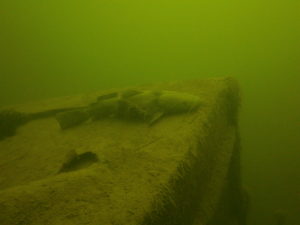 March 13, 2024: The lake is in pretty bad shape, with not much improvement to look forward to. Some weather experts believe we may end up with a wetter-than-usual spring, with La Niña starting to influence the U.S. This, of course, could help bring needed rain to our area and feeders north and west of us. Lake Amistad is fed via the Goodenough Spring near buoy 19, the Devil’s River, the Rio Grande and the Pecos River. But with everything at record lows, it will take insane amounts of precipitation to reverse the trend.
March 13, 2024: The lake is in pretty bad shape, with not much improvement to look forward to. Some weather experts believe we may end up with a wetter-than-usual spring, with La Niña starting to influence the U.S. This, of course, could help bring needed rain to our area and feeders north and west of us. Lake Amistad is fed via the Goodenough Spring near buoy 19, the Devil’s River, the Rio Grande and the Pecos River. But with everything at record lows, it will take insane amounts of precipitation to reverse the trend.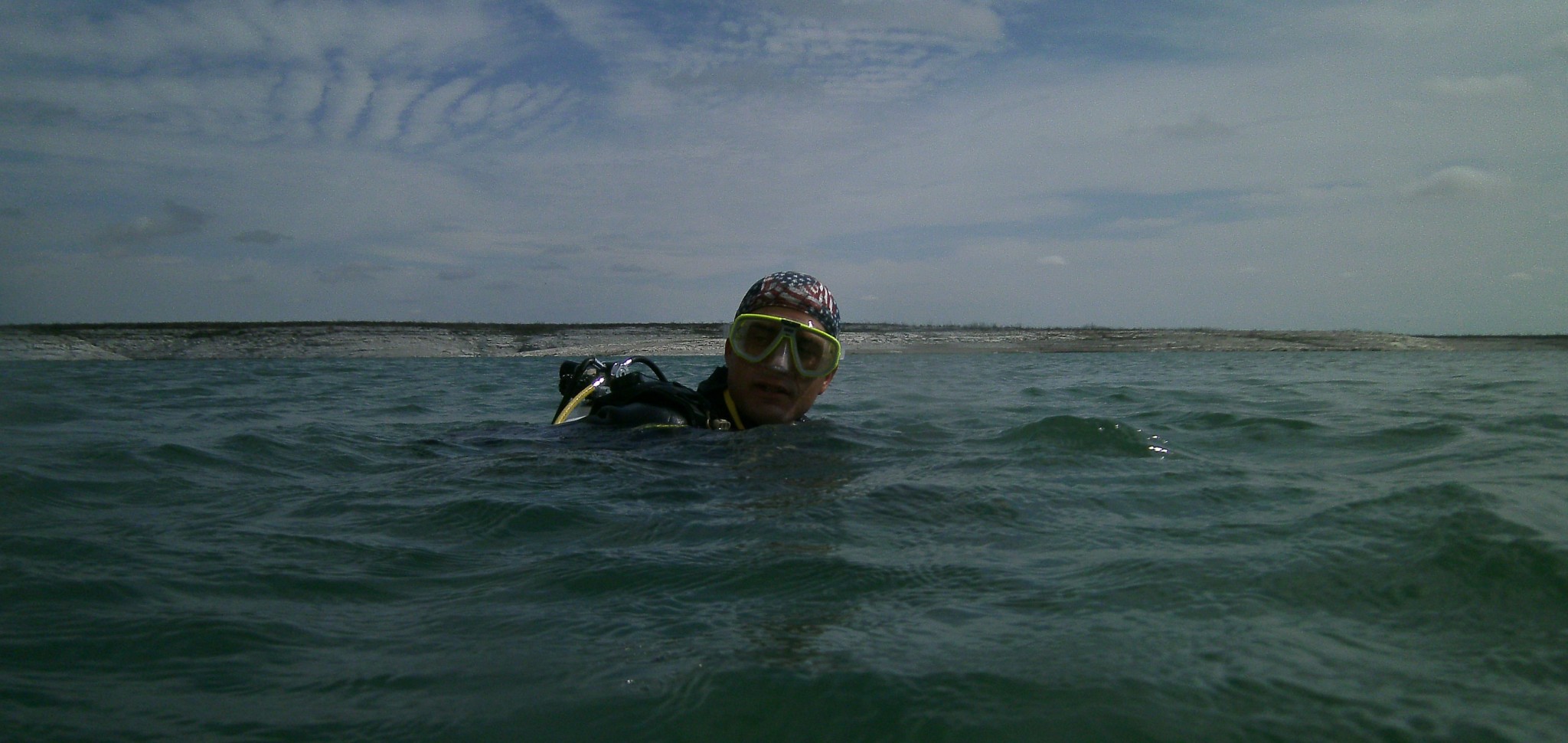
 March 13, 2024: The lake is in pretty bad shape, with not much improvement to look forward to. Some weather experts believe we may end up with a wetter-than-usual spring, with La Niña starting to influence the U.S. This, of course, could help bring needed rain to our area and feeders north and west of us. Lake Amistad is fed via the Goodenough Spring near buoy 19, the Devil’s River, the Rio Grande and the Pecos River. But with everything at record lows, it will take insane amounts of precipitation to reverse the trend.
March 13, 2024: The lake is in pretty bad shape, with not much improvement to look forward to. Some weather experts believe we may end up with a wetter-than-usual spring, with La Niña starting to influence the U.S. This, of course, could help bring needed rain to our area and feeders north and west of us. Lake Amistad is fed via the Goodenough Spring near buoy 19, the Devil’s River, the Rio Grande and the Pecos River. But with everything at record lows, it will take insane amounts of precipitation to reverse the trend.